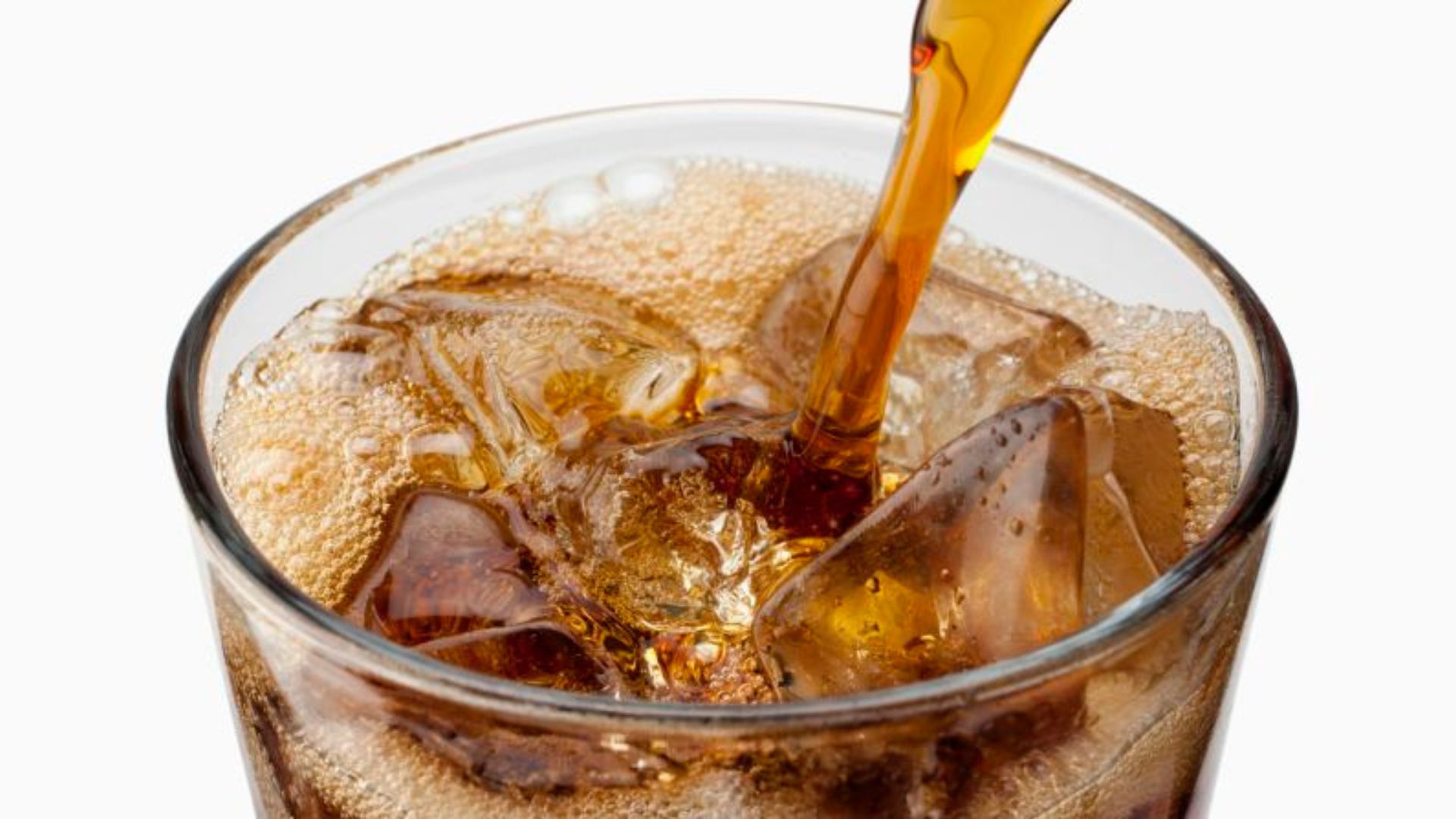
While a single soft drink may not harm the bones, most consumers are unaware that excessive consumption could lead to serious risks to their bones. Most people know that soft drinks have a great association with such diseases as obesity, heart disease, and diabetes. Conversely, the impact of soft drinks on the bones may be invisible. The rising research findings suggest that consumption of soft drinks is a menace to the bones.
The National Library of Medicine released a study on patients followed for seven years, which found that soft drink drinkers who drank their beverages much more often than not had a higher fracture risk. Researchers in a study conducted as part of *The American Journal of Clinical Nutrition* have found that a frequent consumer of cola has decreased bone mineral density, most dramatically in women, who then become at more risk to crack bones.
Soft drinks are often loaded with caffeine and phosphoric acid, which gives damaging effects on bone health. Phosphoric acid induces calcium to be excreted in urine, and caffeine hinders the human absorption process of calcium. Because calcium is a critical component for strong bones, its absence may lead to the occurrence of osteoporosis, which refers to the thinning of the bones.
Orthopaedics chief and unit head Dr Ramkinkar Jha from the Artemis Hospitals, Delhi believes that “both caffeine and phosphoric acid found in most soft drinks are harmful to bone density. Caffeine prevents calcium from being absorbed as effectively in people who have less calcium intake, and phosphoric acid reduces calcium levels even further in the body.”
By nature, postmenopausal women experience a drop in estrogen, which is helpful for maintaining the strength of bones. Regular consumers of soft drinks will go through faster bone thinning, which increases the fractures.
According to Dr Kiran Kharat, senior consultant orthopaedic surgeon at Ruby Hall Clinic, Pune, “Soft drinks, especially, pose a particular risk. Adolescents and women are particularly vulnerable because calcium is a must for the effective development of bones in adolescence, and soft drinks can prevent that. The post-menopausal woman is already lossing bone mass, and the soft drinks add to this loss.”
Sugar-sweetened soft drinks do more than just add empty calories. Excess sugar may raise insulin, leading to more calcium being flushed out of the body through the kidneys. Consumers of soda regularly may develop a deficiency in calcium.
“The problem with an addict is that he decreases his consumption of calcium-rich beverages like milk or buttermilk, thus reducing his calcium levels even further and weakening the bones,” says Dr. Jha.
Switching to diet or sugar-free soft drinks may not be as safe as it seems. Although diet sodas don’t have real sugar, they still contain harmful elements such as caffeine and phosphoric acid that reduces the calcium levels, hence weaker bones.
According to Dr. Kharat, “even though diet sodas do not have real sugar, they still contain harmful elements such as caffeine and phosphoric acid that result in reduced calcium levels and consequently weaker bones.”.
Bone weakening can take place over time if a person consumes any type of soft drink, whether regular or diet. An increased risk of fractures or osteoporosis is actually common in people who drink soft drinks.















